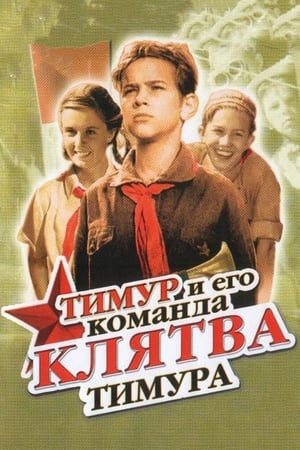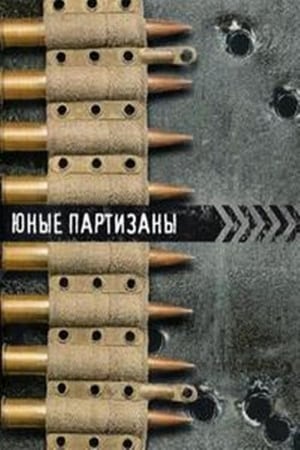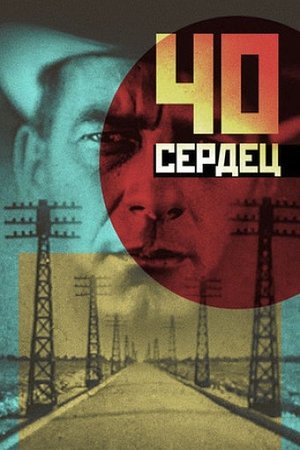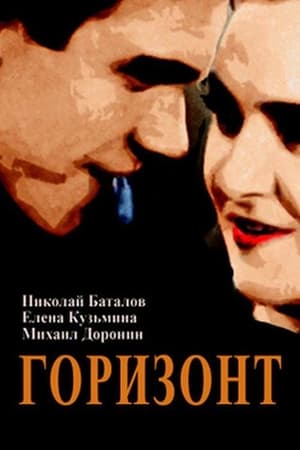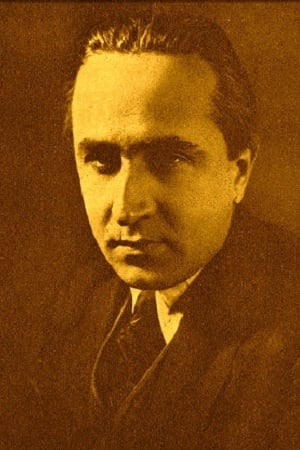
Lev Kuleshov
Personal Info
Known for
Directing
Gender
Male
Birthday
1899-01-13
Day of Death
1970-03-29 (71 years old)
Place of Birth
Tambov, Russian Empire [now Russia]
Lev Kuleshov
Biography
Lev Vladimirovich Kuleshov was a Russian and Soviet filmmaker and film theorist, one of the founders of the world's first film school, the Moscow Film School. People's Artist of the RSFSR (1969).
Lev Kuleshov was born in 1899 into an intellectual Russian family. At the time he was born, the family became financially broke, lost their estate and moved to Tambov, living a modest life. In 1911 his father died; three years later Lev and his mother moved to Moscow where his elder brother was studying and working as an engineer. Lev Kuleshov decided to follow the steps of his father and entered the Moscow School of Painting, although he didn't finish it.
In 1916 he applied to work at the film company led by Aleksandr Khanzhonkov. He produced scenery several pictures but with time he became more interested in film theory. He co-directed his first movie Twilight in 1917. His next film was released under the Soviet patronage.
During the 1918-1920 he covered the Russian Civil War with a documentary crew. In 1919 he headed the first Soviet film courses at the National Film School. Kuleshov may well be the very first film theorist as he was a leader in the Soviet montage theory — developing his theories of editing before those of Sergei Eisenstein (briefly a student of Kuleshov). For Kuleshov, the essence of the cinema was editing, the juxtaposition of one shot with another. To illustrate this principle, he created what has come to be known as the Kuleshov Effect. In this now-famous editing exercise, shots of an actor were intercut with various meaningful images (a casket, a bowl of soup, etc.) in order to show how editing changes viewers' interpretations of images. In addition to his theoretical and teaching work, Kuleshov also directed a number of feature-length films. Among his most notable works is an action-comedy The Extraordinary Adventures of Mr. West in the Land of the Bolsheviks (1924), a psychological drama By the Law (1926) adapted from the short story by Jack London and a biographical drama The Great Consoler (1933) based on O. Henry's life and works. After directing his last film in 1943, Kuleshov served as an artistic director and an academic rector at VGIK where he worked for the next 25 years.
Lev Kuleshov died in Moscow in 1970. He was buried at the Novodevichy Cemetery. He was survived by his wife Aleksandra Khokhlova (1897—1985) — an actress, film director and educator and her son from the first marriage.
Acting
(1969)
The Kuleshov Effect
as Himself
(1940)
Our Cinema
as (archive footage)
(1925)
(1917)
For Happiness
as Enrico, painter
(1917)
Crew
(1943)
We from the Urals
Director
(1942)
Timur's Oath
Director
(1942)
Young Partisans
Director
(1941)
(1940)
Siberians
Director, Editor
(1934)
Dokhunda
Director
(1933)
The Great Consoler
Director, Production Design, Writer
(1932)
Horizon
Director, Writer
(1931)
Forty Hearts
Director
(1930)
The Backlog!
Director
(1930)
Sasha
Screenplay
(1929)
Two-Buldi-Two
Director
(1929)
The Happy Canary
Director
(1927)
Your Friend
Director, Editor
(1926)
By the Law
Director, Writer
(1925)
The Death Ray
Director
(1924)
(1920)
The Created Surface of the Earth
Director
(1919)
The Exposure of the Relics of Sergius of Radonezh
Co-Director, Editor
(1919)
Kuleshov Effect
Director, Editor
(1919)
Taras's Dream
Editor
(1919)
Smelchak
Editor
(1918)
Engineer Prite's Project
Director, Editor, Production Design
(1918)
Unfinished Love Song
Director
(1918)
Miss Meri
Production Design
(1918)
Boulevard Slush
Production Design
(1917)
For Happiness
Production Design
(1917)
The Alarm
Production Design
(1917)
The King of Paris
Production Design
(1917)
Black Love
Production Design
